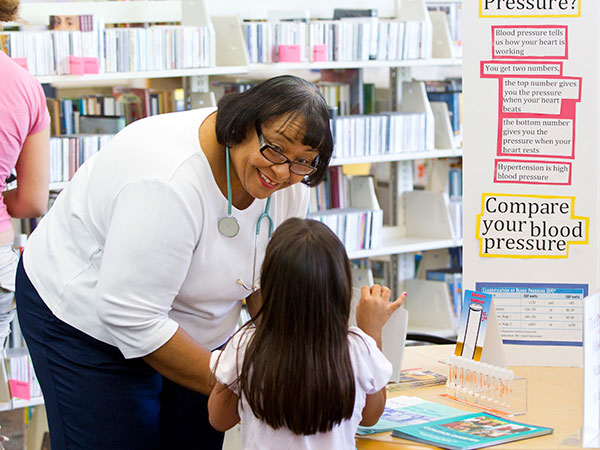 This excerpt from the newly revised book, Called to Care: A Christian Vision for Nursing, 3rd. ed., is from the final chapter, Looking to the Future.
This excerpt from the newly revised book, Called to Care: A Christian Vision for Nursing, 3rd. ed., is from the final chapter, Looking to the Future.
Individuals, created by God with unique value and worth, find fulfillment in relationship with a human community. Most nurses today also acknowledge that we care for individuals in the context of families and communities. However, few have stopped to consider the full implications of that understanding. Of course, we support the family members who are present with our patients, we tap into community resources, and perhaps we even include their clergy in our care plans, but there is a larger perspective. Human connections—like families, communities and churches—function together to facilitate health. Nursing practice in the future must expand to include a broader participation in these extended relationships.
Community Health Empowers
As hospital stays become shorter, nurses are increasingly delivering primary health care to the places where people live, work, and worship. This focus on community health will empower people to accept more responsibility for their own health. There will be opportunities for faith community nursing to expand to facilitate a more comprehensive involvement of the church in health care—not only for congregational members, but also for the poor and underserved in their communities and beyond.
1 Corinthians 12:12-31 provides us with a glimpse of how God uses these interconnections. We are to be the body of Christ. … In a similar way, God puts individuals into relationships. For Christians, a primary connection is the church. Within the church, we support and care for one another. ...The context of the church as a center for health care will continue to expand as economically driven health systems leave people confused and underserved.
Nurses’ Community Presence
Even now, nurses are involved through counseling, leading support groups, teaching wellness, training lay caregivers, establishing and running centers for primary health care, referring people to appropriate resources and advocating for them in the health care system. Nurses work in community-based health clinics and church-based health centers where the uninsured can come to receive free care and health screenings. These centers often provide more than health care. Nurses will continue to be the steady presence in the community to address complex issues of poverty, decreased health literacy, food insecurity, substance abuse, and mental health issues.
Called to Care: A Christian Vision for Nursing, 3rd edition, by Judith Allen Shelly, Arlene B. Miller, and Kimberly H. Fenstermacher. Releasing July 2021 from InterVarsity Press.
Add new comment